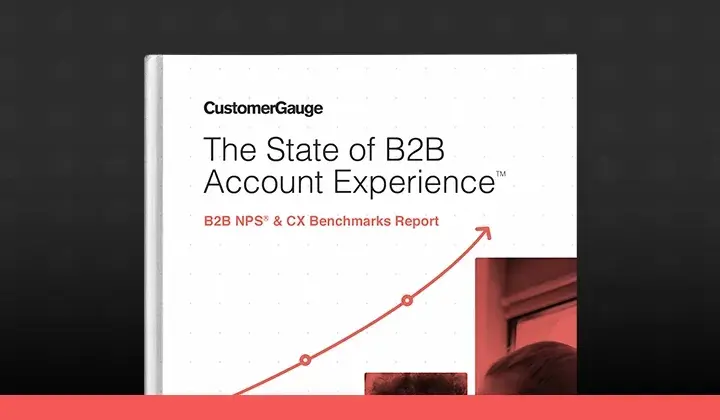Car sharing startup creates success by disrupting customer experience
A new car share technology company, Turo could be the next disruptive startup and with an NPS of 75 compared to 25 for traditional car rentals, it’s success is all about providing a superior customer experience.
The car rental market is a minefield of bad customer experience. When you arrive to collect your car you can wait for an hour just to get served. The car you ordered online they don’t have and are forced to take a more expensive model. And finally they hit you with more fees on top of what you have already paid online.
Turo wants to combat this and put the world’s billion cars to better use, by giving people a platform to make money from renting their cars to strangers.
However, while Turo is not the first car sharing scheme - others have come and failed before - it is doing something different.
While their predecessors focused solely on low-cost plays, Turo, just like other successful disruptives, realizes that you have to make the process as easy, fast and worry-free as possible.
Their app, much like Airbnb, has managed car photography, and profiles of both renters and rentees with reviews, so that all parties feel in control. Customers also have control over the type of car, the drop-off and pickup location, and when they want it to happen. All organized directly with the car’s owner.
It is still early days for Turo and far they go is still yet to be seen, but it isn't surprising why disruptive startups are doing so well. Price wars have been around forever, but being able to rent a car from your phone, receive what you ordered with no extra costs, and avoid going to a pickup location just to wait for an hour, is something no traditional rental company offers.
Learn more about the Turo story.
Why Black Friday and discount sales don’t increase revenue
For retailers, Black Friday has always been seen as a way to boost revenue, but new research is starting to show that this might just be damaging other big sales events. Instead, the aim should be to create purchase decisions that aren’t based solely on the bottom line.
In research on Black Friday in the UK, it shows that Black Friday may have just replaced other deal periods, with Boxing Day sales down 12.5% in 2014 compared to 2013 and 2012.
The research shows that Black Friday is changing the Christmas trading calendar and for retailers the period up to Christmas is a key sales period. For as people buy earlier, it is having a knock-on effect on promotional plans for early December and even January.
As Gary Booker the CMO at Dixon’s Retail says, ““It takes sales out of what would have been key early weeks in December. The unknown this year will be to what extent it will take some sales out of the second and third weeks of November as more customers are inclined to wait.”
What companies need to focus on to increase their customer base and create sustained high revenue is loyalty, not just the few days of the year with high sales.
New Zealand (yes the country) creates advocacy
New Zealand, with its towering mountains in the south and lush rainforests in the north, is creating a wave of positive advocacy amongst tourists with Tourism New Zealand finding that the country has an NPS of 76.
[caption id="attachment_17009" align="alignright" width="368"] New Zealand doesn't have to do much to impress tourists.[/caption]
New Zealand doesn't have to do much to impress tourists.[/caption]
Customer loyalty and advocacy, no longer just measured by companies is now also increasingly being asked about destinations, and it appears New Zealand is producing nothing but satisfied customers.
The findings showed that their strongest promoters are from the USA, UK, Germany, and Australia, with New Zealand’s nature and strong environmental management being the dominant reasons for high scores.
For Tourism New Zealand, the benefit of such a finding is knowing the positive advocacy these satisfied customers will produce back home.
For as many travelers (particularly younger), wish to continually try new destinations, loyalty can be difficult to create. But as tourists strongly rely on word-of-mouth from friends and family, creating strong advocates is critical to ensuring high tourist numbers.
To learn more about New Zealand’s satisfied customers, click here.
In brief
Bronto Software has a score of 77.
At 54, Air Malta has mostly happy customers.
In the cloud services industry, Apple Cloud Storage has a 62, Google Drive a score of 50, and OneDrive still a very good 45.
ATS Euromaster, a UK wide tire company, has a score of 80.
And lastly, TNT Express Indonesia is creating satisfied customers with a 67.

